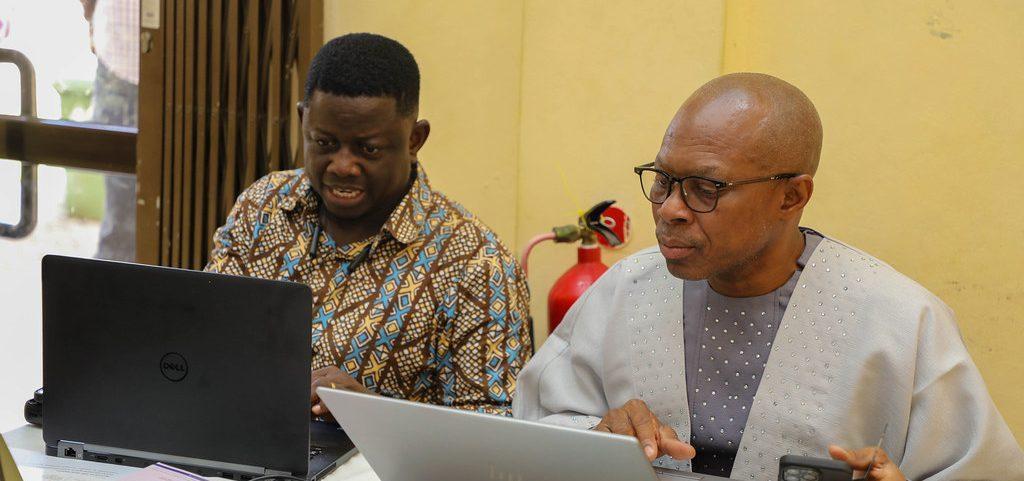Africa-Press – Angola. The implementers of the Common African Agro-Parks (CAAPs) programme, aimed at reducing food imports and fostering innovation in Africa, have called for increased partnerships and investments to enhance agricultural transformation on the continent.
The CAAPs initiative, part of the African Union’s Agenda 2063, aims to help Africa reclaim the approximately $50 billion in annual food imports that are currently sourced from outside the continent.
During a presentation at the Development-Smart Innovation through Research in Agriculture (DeSIRA) CONNECT programme held in Accra, Mr. Anselme Vodounhessi, Coordinator for CAAPs, said that agro-parks would function as hubs for transformative technologies.
He explained that those technologies would support essential processes, ranging from precision farming to climate-smart agriculture, and enable Africa to increase productivity, minimize post-harvest losses, and enhance sustainability.
Mr Vodounhessi, who is also the Head of Monitoring and Evaluation at the Forum for Agricultural Research in Africa (FARA), said the initiative would also foster public-private partnerships that bring together governments, private investors, and international organisations to mobilise capital and expertise to scale-up innovations.
Projections from the United Nations Economic Commission for Africa (ECA) suggest that Africa’s annual food imports are set to rise dramatically, increasing from $15 billion in 2018 to $110 billion by 2025—seven times higher. Additionally, the current figure of $43 billion is expected to triple in that timeframe.
Mr Vodounhessi said it was time for Africa to “lead the future of agriculture.”
“By creating this fertile investment environment, the CAAPs are poised to attract billions of dollars in financing, driving agricultural growth and creating millions of jobs.
“With strong political support from the African Union and key stakeholders, the CAAPs initiative is not just about transforming agriculture—it’s about positioning Africa as a global leader in sustainable, innovation-driven agri-business,” he said.
The DeSIRA, which featured Western Africa, Central Africa, and Madagascar was organised by the European Commission through the DeSIRALIFT initiative and the FARA.
Participants shared lessons and outcomes from DeSIRA projects and discussed measures to scale up innovations in the agricultural sector.
The DeSIRA Initiative aims to promote innovation in agricultural and food systems to support sustainable transitions and improve resilience to climate change in Africa, Asia, and Latin America.
Through participatory research and multi-stakeholder engagement, DeSIRA projects drive innovation to enhance food security, nutrition, and livelihoods.
For More News And Analysis About Angola Follow Africa-Press






